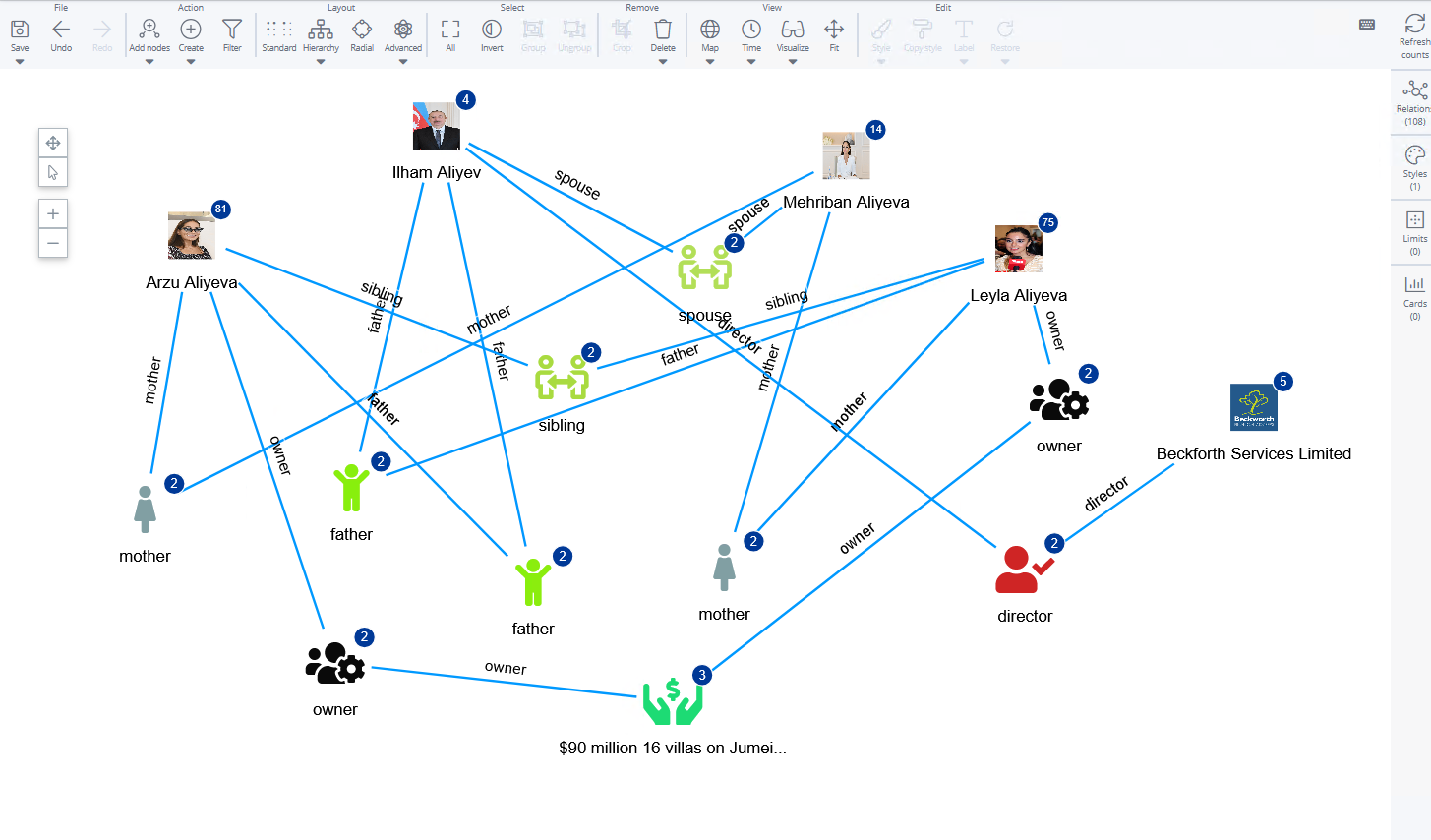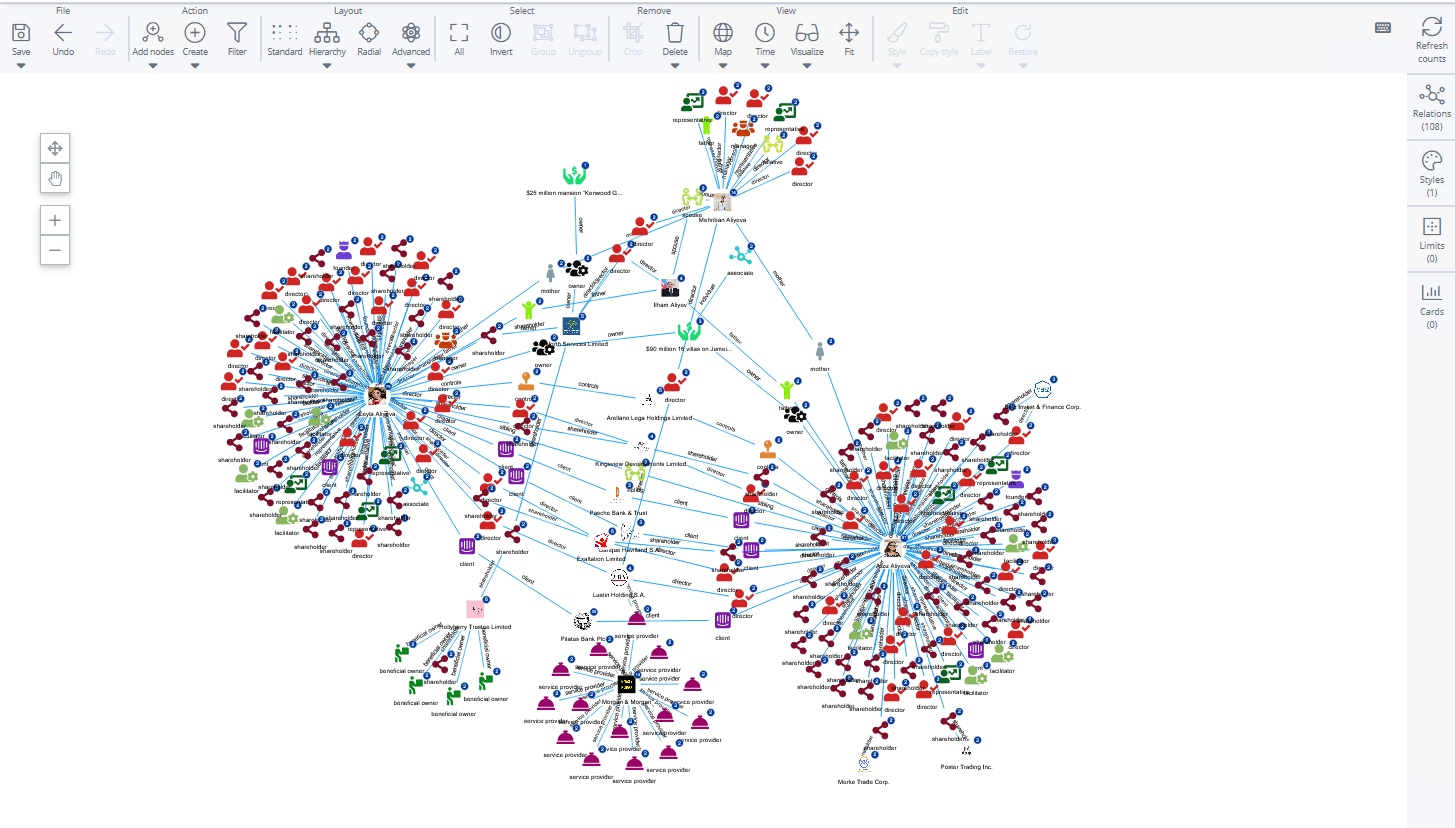1. Executive Summary
The ruling family of Azerbaijan, led by President Ilham Aliyev, has cultivated a vast and intricate business empire. Built over decades, this network spans multiple continents and industries and is primarily controlled by Aliyev’s close relatives, notably his daughters, Leyla and Arzu Aliyeva. The family’s holdings are valued at over $13 billion, incorporating 148 companies across real estate, finance, telecommunications, oil, construction, and luxury services. This report offers an in-depth look into the structure, methods, and evolution of the Aliyev family's economic dominance.
2. Family Overview and Key Figures
The Aliyev family is deeply intertwined with both the political and economic fabric of Azerbaijan. Key members include:
• Heydar Aliyev (1923–2003): Former President of Azerbaijan. A Soviet-era political figure who laid the foundation for the family's enduring influence.
• Ilham Aliyev: President of Azerbaijan since 2003, formerly Vice President of SOCAR (State Oil Company of Azerbaijan Republic).
• Mehriban Aliyeva: First Lady and Vice President of Azerbaijan, with prominent roles in charitable foundations and cultural diplomacy.
• Leyla Aliyeva: Eldest daughter, active in charitable foundations and luxury property holdings.
• Arzu Aliyeva: Second daughter, involved in film production and real estate.
• Heydar Aliyev Jr.: Son of Ilham and Mehriban, currently being groomed as a potential successor.
The family's business dealings often overlap with their official roles, helping consolidate both political power and financial control.
The passage is at attributed to an unknown typesetter
3. The Business Empire Industries and Holdings
The Aliyev family business empire spans a wide range of sectors:
• Oil and Gas
• Finance and Banking
• Real Estate (domestic and international)
• Construction and Infrastructure
• Hospitality and Tourism
• Telecommunications and Media
These investments are structured through layers of domestic and offshore entities designed to obscure direct ownership and complicate scrutiny.



